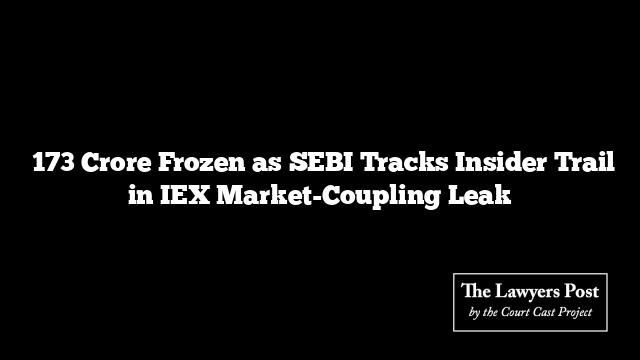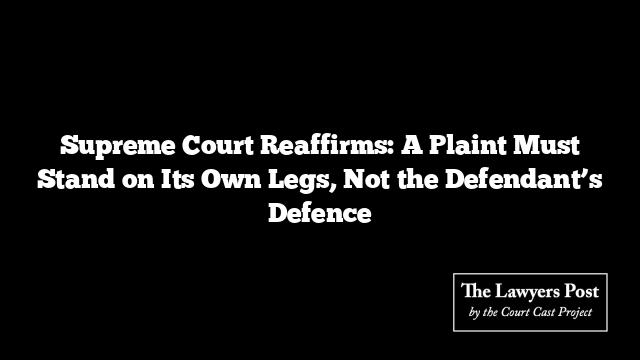The markets regulator has swung its hammer down hard on what it calls one of the sharpest insider trades of the year—impounding a massive ₹173.14 crore from eight traders accused of profiting off leaked regulatory secrets about the Indian Energy Exchange (IEX).
The Securities and Exchange Board of India (SEBI), acting on an ex-parte interim order, found that confidential details from the Central Electricity Regulatory Commission (CERC) about its “market coupling” decision were allegedly passed on before the official announcement on July 23. Using this early peek, the accused reportedly made high-stakes bets against IEX—earning fortunes within days.
According to SEBI’s findings, the leak set off a chain reaction. Key players including Bhoovan Singh, Amita Soran, Amar Jit Soran, and Narender Kumar placed massive put-option trades on IEX shares between July 21 and 28, anticipating a plunge. When the CERC order became public and IEX stock crashed nearly 30%, they walked away with enormous profits—₹72 crore, ₹31 crore, ₹22 crore, and ₹34 crore respectively.
SEBI’s forensic trail, bolstered by seized devices and fund-flow mapping, showed money moving to closely linked firms like Jai Singh & Co, GNA Energy Pvt Ltd, and JSC Infratech Pvt Ltd—suggesting a tight-knit circle operating in sync.
At the heart of the controversy is CERC’s market coupling order—a policy shift meant to unify price discovery across India’s three power exchanges (IEX, PXIL, and HPX). Before this, IEX ruled the roost, especially in the day-ahead power market. The new system was expected to dilute that dominance, giving rivals a larger slice of the trading pie.
SEBI’s investigation began after the IEX stock’s sudden collapse on July 24 raised eyebrows. The regulator then received a whistleblower complaint alleging insider trading, prompting full-fledged search and seizure operations at multiple premises in September.
The order notes “concrete prima facie evidence” that confidential CERC documents were shared and discussed before the official release—complete with meeting records, WhatsApp messages, and statements from those involved. The leak, SEBI said, likely stemmed from CERC’s Economics Division—“a serious breach of confidentiality by a statutory authority.”
Acting under Sections 11(1), 11(4), and 11B of the SEBI Act, Whole-Time Member Kamlesh Varshney directed banks to freeze the impugned funds. The accused must park equivalent amounts in fixed deposits, with SEBI holding the lien until further notice. They are also barred from trading in any securities, directly or indirectly.
Though this isn’t the final word—the case now moves toward adjudication, which could mean disgorgement or heavy penalties—the message from the regulator is clear: no secret stays profitable forever.





